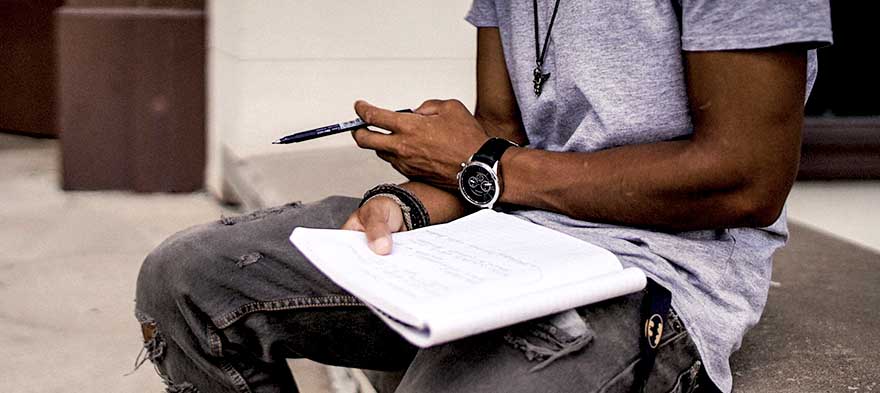
Lillian Lowery is vice president of student and teacher assessments at ETS. Lowery comes to ETS from The Education Trust in Washington, D.C., where she served as a content expert on issues related to pre-K through 12th-grade education and fostered collaborations with national, state and local organizations. She is also chair of the Board of Trustees of the Carnegie Foundation for the Advancement of Teaching. She is the former Maryland State Superintendent of Schools and Delaware Secretary of Education. Lillian joined the Education Post board in 2018. Meet our board →
If you have a child with disabilities, you’re not alone: According to the latest data, over 7 million American schoolchildren — 14% of all students ages 3-21 — are classified as eligible for special...
The fight for educational equity has never been just about schools. The real North Star for this work is providing opportunities for each child to thrive into adulthood. This means that our advocacy...
The story you tell yourself about your own math ability tends to become true. This isn’t some Oprah aphorism about attracting what you want from the universe. Well, I guess it kind of is, but...
Your donations support the voices who challenge decision makers to provide the learning opportunities all children need to thrive.
Ed Post is the flagship website platform of brightbeam, a 501(c3) network of education activists and influencers demanding a better education and a brighter future for every child.
© 2020–2024 brightbeam. All rights reserved.